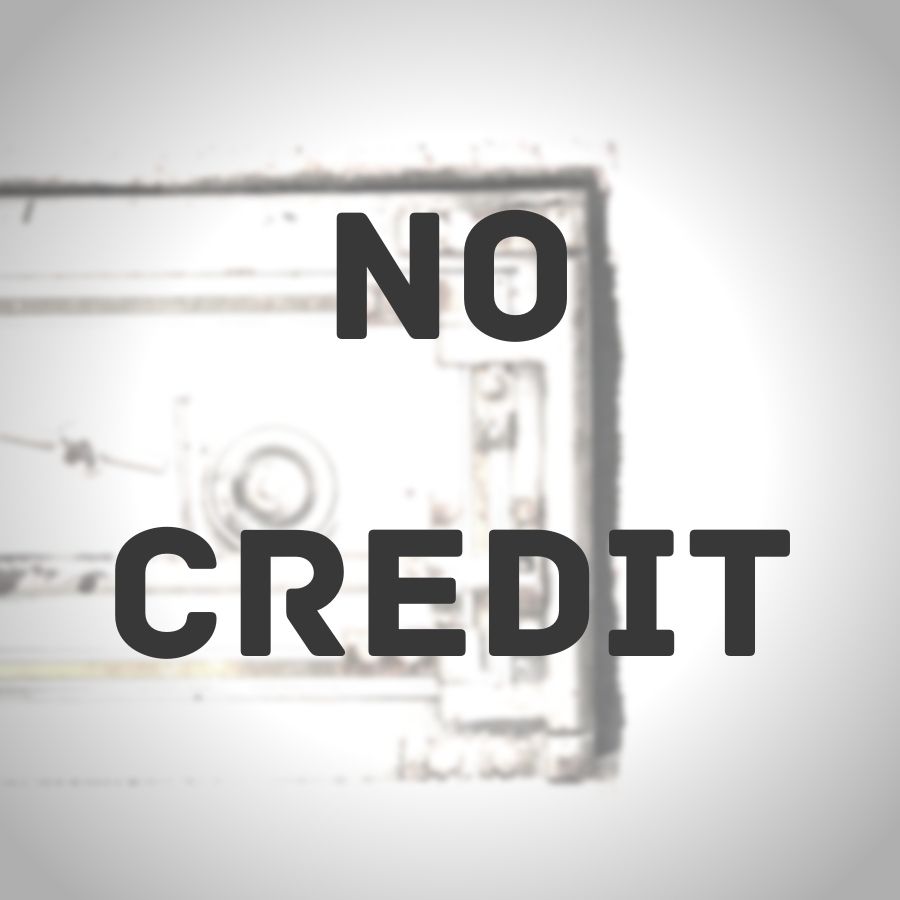
“Can I get an SBA loan with no credit?” Unfortunately, you cannot. But, there are other options available to start a business with no credit. Not every option is practical for every entrepreneur. Plus, each has its pros and cons. However, if you want to start a business and have no credit history, you should read further about your options.
To be clear, what follows is options for starting a business with no credit.
There are more options available for businesses that are already operating. Those are covered at the end of the post.
Here’s a summary of the options for getting a startup loan with no credit. Each is covered in more detail below.
| “No-credit” loan option | Pros | Cons |
|---|---|---|
| Small business grants | Don’t require repayment | Limited availability |
| Microloans | Quick approval | Typically only available for “underprivileged” groups |
| Friends & family | Lenders who know you well | Potential to damage relationships |
| Get a co-signor | Can help establish credit | Co-signor is responsible if you don’t pay |
| Business credit cards | Easy to obtain | Need personal credit history |
| Crowdfunding | No repayment necessary | Typically only available for B2C businesses |
Small Business Grants
Grants can come from anywhere, so requirements can vary widely. However, credit history is not typically a requirement.
Another benefit of grants, of course, is that they do not require repayment.
No credit history and no repayment? Sounds like a hell of a deal, right? Well, the catch is that grants are typically stringent in their requirements. Plus, there’s typically a lot of competition.
However, free money to start your business is a great thing. So, it doesn’t hurt to spend a little time researching grants that your business might be eligible for.
Microloans and Nonprofits
Microloans are exactly what they sound like. Small(ish) loans for businesses.
Microloans are often made by nonprofit organizations. Therefore, they are not as concerned with credit history or worthiness as a traditional financial institution.
So, what’s the catch? Microloans are typically only given to “disadvantaged” borrowers. Certain races, genders, etc. Therefore, if you’re a white male, you’re likely excluded from eligibility for most microloans.
Friends and Family
Friends and family are a potential source of financing to start your business if you have no credit history.
Friends and family know your character. Therefore, assuming your character is good, the chore is to convince them of the viability of your startup. To do this, you’ll need a good business plan.
Blood and money don’t mix. That’s how the saying goes. The reason is that it can damage relationships with your friends and family. That might be too high of a price to pay. So, move forward carefully.
Find a Cosigner
If your time horizon is long enough, you can build credit by taking out a loan and asking someone to cosign with you. A cosigner increases the likelihood of approval.
Consistent, on-time repayment of the loan will help build your credit. Solid credit history will help you get a loan to start a business – someday.
In fact, depending on the nature of your business, you could technically use a cosigner to get a loan to start your business right now.
For instance, if you are buying a piece of equipment, or vehicle, or some other asset that serves as the foundation of your business. Something that makes for good collateral. It’s possible, with a cosigner, that you could take out a loan for that equipment – and then be in business.
Business Credit Cards
I hesitated to include this option because I don’t want it to come off as deceptive. It’s splitting hairs and a matter of interpretation. It depends on whether you or your business, have no credit history.
You can fund your business with a business credit card. If your business has no credit history.
However, you will almost certainly need a personal credit history in order to get a business credit card.
Crowdfunding
Most crowdfunding isn’t a loan. But, it can be a different means to the same end.
Indiegogo, Kickstarter, and GoFundMe are examples of crowdfunding.
Generally, business-to-consumer (B2C) companies have more success with crowdfunding than business-to-business (B2B) with crowdfunding.
Typically, repayment isn’t required for crowdfunding. There are three types of crowdfunding that do not require repayment. These are:
Donation-based
Donation-based crowdfunding is where supporters give money without any expectation. Typically, this is reserved for people in need.
Therefore if you want to pursue this avenue, your business had better serve a critical need for society.
Equity-based
Equity-based crowdfunding is a situation where people who contribute to your company also become owners. Their expectation is to earn a return on their contribution. Just as a shareholder in a publicly traded company would.
Rewards-based
With rewards-based crowdfunding, you promise supporters a product or service in return for their contribution.
No-credit options for established businesses
Below, are some other frequently-cited options for getting a business loan with no credit. However, they are only going to be available for existing businesses. These are not loans you can get to start a business.
Nevertheless, I include them because they could be viable options for financing in the future, as your business grows.
PayPal Working Capital
As you might’ve guessed, this is only an option if you process payments via PayPal.
You must have a 90-day history with and a PayPal Business or Premier account. Additionally, you must process up to $20,000 annually through PayPal.
A PayPal Working Capital loan is paid back by PayPal taking a little bit of each subsequent sale that you make through PayPal.
Invoice factoring
Fundbox and Bluevine are examples of invoice factoring.
Invoice factoring is also known as factoring accounts receivable (AR). Invoice factoring is where you use your AR as collateral for a loan. So, obviously, you have to be in business, making sales, in order to have accounts receivable.
This is a costly option. But, it is an option that can help if your business is having cash flow problems.

